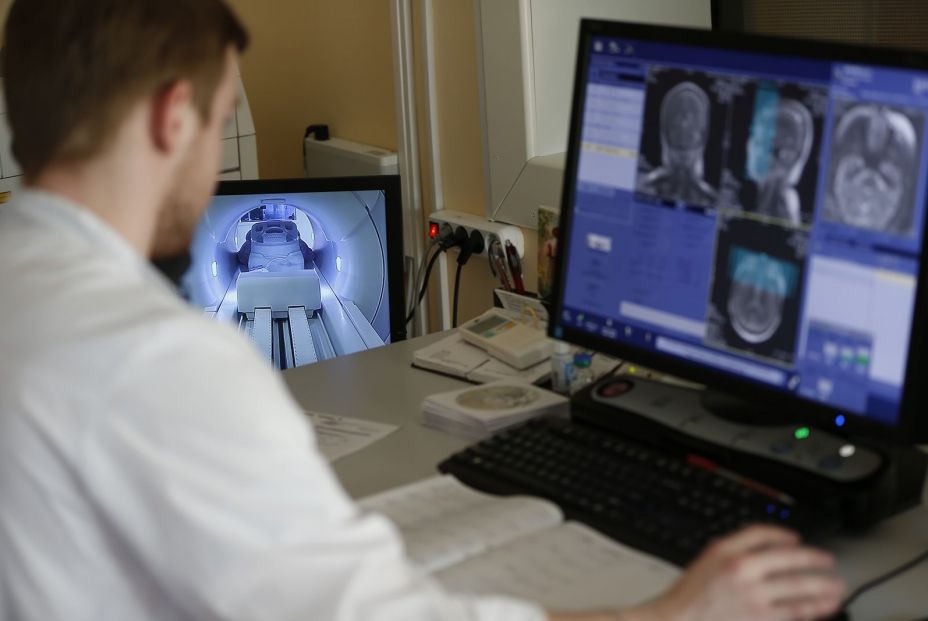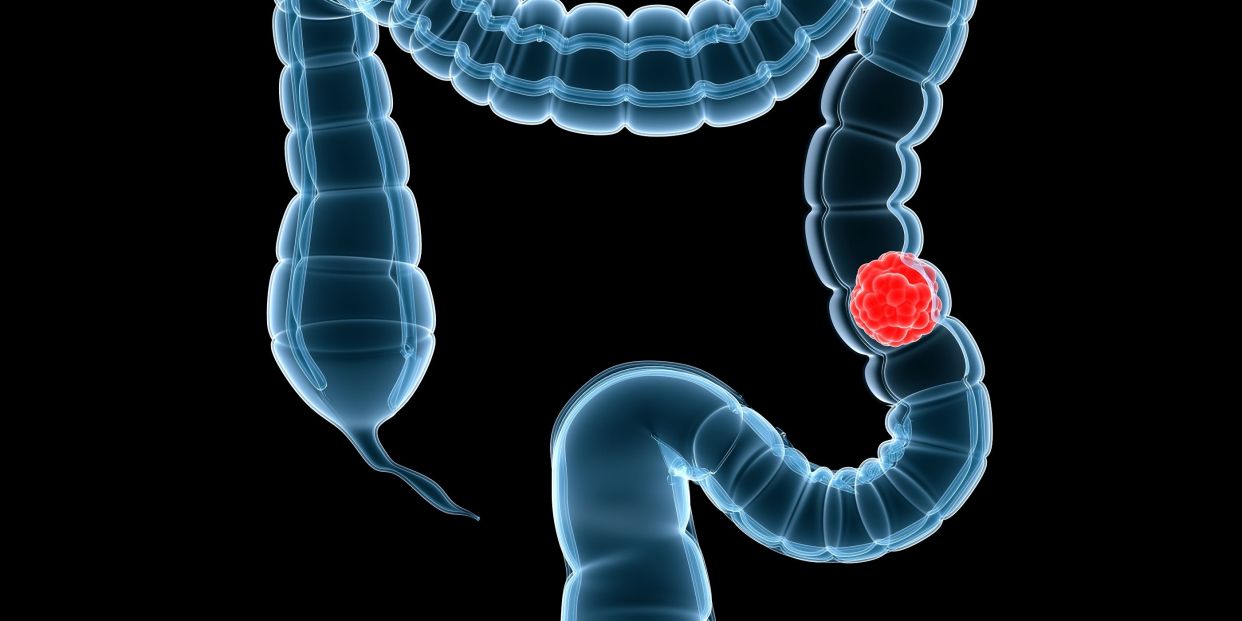The colon cancer It is the most diagnosed tumor in Spain, with an estimated incidence in 2021 of 43,581 new cases10% of all diagnosed cancers, being the second cancer in frequency in women and men after breast and prostate cancer, respectively.
Prevention and early detection of colon cancer can achieve a survival in 90% of cases, according to Spanish Foundation of the Digestive System (FEAD). In this sense, they recall that participating in the screening program of each autonomous community if you are over 50 years old, have good dietary habits and a healthy lifestyle (follow a low-fat diet, rich in vegetables, fruits, calcium and vitamin D, in reducing red meat, and avoiding being overweight, not smoking, exercising and moderating alcohol intake), are crucial measures that help prevent colorectal cancer.
risk groups
To know if we are in a risk group we must take into account several factors:
- Sex. Colon cancer can appear in both men and women.
- Age. The risk of development increases with age, considering the population at risk those over 50 years of age, being unusual that a young person before 30 years of age without a family history of colorectal cancer.
- There are two clinical entities that predispose to the appearance of colorectal cancer in young patients, Poliposis Adenomatosa Familiar and the Hereditary Non-Polyposis Colorectal Cancer.
- Family background. People with first-degree relatives who have suffered from this disease are at risk of suffering from it. The risk is greater the younger the person with cancer and the more relatives there are.
- Personal history. People previously diagnosed with adenomatous polyps or colorectal cancer are at increased risk.
- Inflammatory Bowel Disease. Patients diagnosed with ulcerative colitis or Crohn’s disease are at increased risk of colorectal cancer and should follow the recommendations of their gastroenterologist.
Symptoms
Colorectal cancer can be associated with so-called alarm symptoms or not be associated with any clear symptoms, which is why early detection programs are important. Regarding the symptoms, we must be alert to the appearance of some of the following:
- Unjustified weight loss.
- Significant fatigue.
- Rectal bleeding.
- Anemia.
- Change in bowel habits: tendency to constipation, appearance of tapered stools, among others.
As for the symptom of Blood in the stoolin most cases it is not related to colon cancer, but is secondary to problems of the anorectal areasuch as fissures and hemorrhoids. Other possible causes could be infectious colitis, inflammatory bowel disease, bleeding from colonic diverticula or the presence of vascular alterations in the colon. In any case, if blood is observed in the stool, you should consult your doctor.
The American Cancer Society (ACS) clarifies that the change in bowel habits should last for several days and that blood in the stool can be recognized by a dark color in these. It also adds other symptoms such as feeling like you want to have a bowel movement, which is not relieved by doing so, rectal bleedingthe abdominal cramps or pain and the weakness and fatigue. In any case, the ACS reminds that these symptoms may be due to other pathologies such as an infection or an inflammatory bowel disease.

A colonoscopy can save your life
In order for the diagnosis to be early, and the disease to be discovered as soon as possible, it is essential to carry out tests that allow the colon and rectum to be seen in its entirety. In this way colonic polyps can be detected, benign tumors that if not detected in time can be cancerous.
To detect any type of lesion or polyp, according to experts, there is nothing better than a colonoscopy, a test, performed with or without sedation, through which the interior of the colon can be visualized and any type of lesion or polyp detected. In addition, in the case of polyps in early stages, it can be removed in the same act. From the age of 50 it is recommended to perform colonoscopies every 4 years.
–


